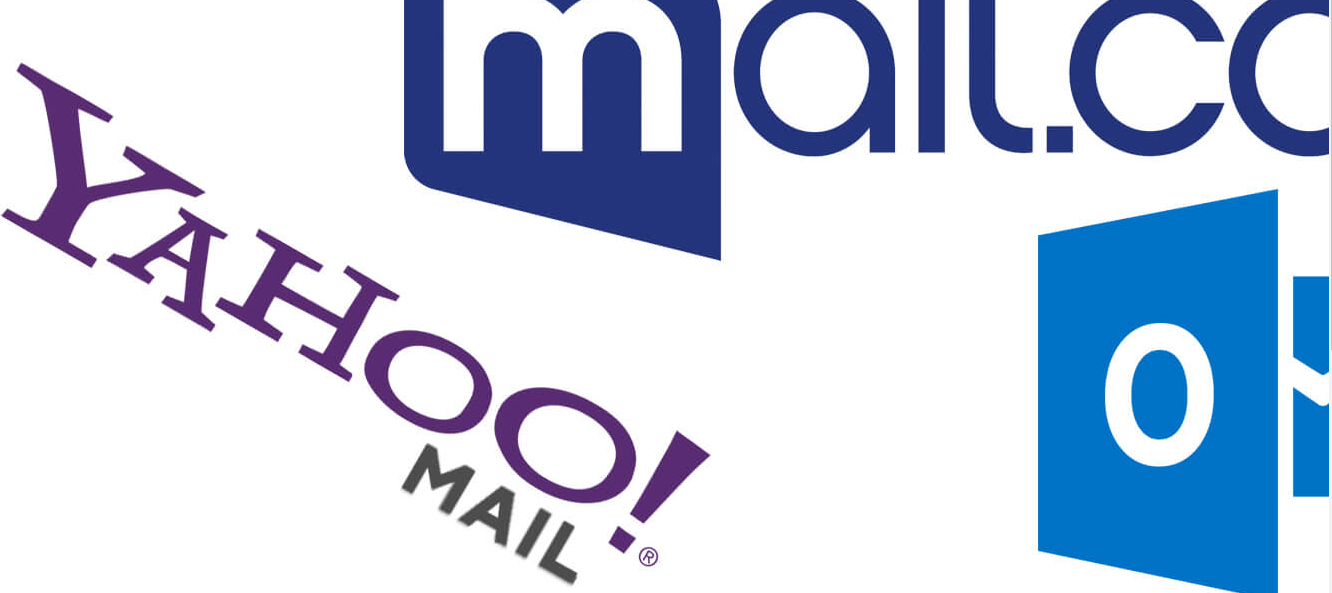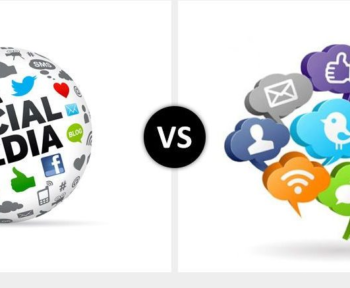Email marketing is not a new concept, but most businesses still do not accept this marketing concept. Email marketing also comes with a number of concerns, including:
– Will my email be considered spam?
– Is it a waste of time?
– Finally, does it help my business so much?
Table of Contents
Can Your Business Succeed With Email Marketing?

Some businesses are going to say that the time they devote to email marketing is not worth it and that the profit they can get from it is not starting to pay off by the time they invest. The truth is, when it comes to marketing, many studies have shown that email marketing is better than other marketing methods, including the use of social media. It’s not meant to override other marketing methods, because a healthy marketing plan is one that uses different marketing methods to achieve marketing goals. Learn what is a cold e.mail
So, My answer to this question is that can a business succeed with email marketing? The answer is, of course, Yes any business which properly implements email marketing in its business can achieve huge success. As it leads to creating high conversions and sales to the business and is relatively less expensive.
How Email Marketing Works
It is best to consider email marketing as a marketing method other than the use of printers, paper, and ink. Emails can be sent in the form of new sales, new product announcements, or coupons to valued customers, usually in the form of postcards sent by mail. The way they do this is by collecting email addresses from current customers and potential customers. The best way to do this is to have an archive area on your website. For example, call the action box that allows customers or potential customers to sign up for email offers. It allows you to legally obtain an email address and use it to send email marketing materials.
There are companies out there that offer bulk email lists. However, there are risks to be discussed. You must understand that you can only send emails to those who are authorized to send you this email. Therefore, purchasing email addresses is not always the best option. Keep in mind that there is a CAN-SPAM law created in the US in 2003 that sets out what a business can and cannot do in email marketing.
Understanding the CAN-SPAM Act of 2003

Here are some rules to keep in mind when sending email marketing materials:
A) Always make sure that your subject line is relevant to what you are writing and not misleading or misleading in any way. For example, a good subject line would be Special sales for loyal customers only 7/5! The confusing thing is: you won $ 100!
B) Make sure the copy and sender are labeled accordingly, making sure your name or business name is indicated so that readers can see who sent the message.
c) There must be a stop link at the end of the email. You must provide an option to stop receiving email marketing messages if readers choose. Explore the best email marketing tools on a free trial
d) All email communications sent in the form of a statement must include this information in the communication. Additionally, the email must contain the physical address of the listed company.
Businesses found guilty of misusing marketing strategies via email could be fined up to $ 11,000. Worse, they may lose the right to send an email or even the right to own the website for infringing. Learn about GDPR from here.
Types of Email Marketing

Almost anything can be emailed to customers or potential customers. For the most part, businesses that use email marketing can fall into one of three categories:
1. Promotional Emails: These emails are intended to show any ongoing promotions and to encourage the customer to purchase the product or to purchase the product due to sale / low price.
2. Regular Communication: These emails are intended as a way to stay in touch with customers. It is basically a way to reach the customer and keep them as your customer, thereby inspiring brand loyalty.
3. Advertising emails: These are similar to promotional emails, although they are sent as colored postcard-type emails, with only minimal information about the ads. For example 20% discount on online shopping: Today only!
How does it help your business?
It’s very simple: Email marketing is a way to reach existing customers and find new ones! Here are 5 key pointers to add email marketing to Your business:
1. Email marketing will increase the sales you are looking at.
2. Through email marketing, you ensure that your business is always in the minds of customers.
3. By using email, you are helping your customers to be repeat customers.
4. It helps to determine if you are in the business of selling a particular product or service.
5. You are establishing and maintaining relationships with customers by sending emails.
Start Email Marketing
There are many programs out there designed to help you get your email marketing program off to a great start. However, first, you need email addresses. Having customers have a way to sign up for emails from your business is one of the best ways to do this. A great way to do this is to put a signup form on your website. Another method is to collect these email addresses when making purchases or orders for this purpose. Learn about the 8 newsletter tweaks.
There are many programs on the market that can be used as a way to send massive emails to contacts near you. Some examples of these programs are:
– Constant Contact
– Instructor
– I am contacting
– Melson
Since these emails go out, how often they go out, messages and all the information you need to find to make this email a success, it takes time when these programs first startup. However, there are ways to do this, you can hire an expert to handle it. This is great for people who are running their own business or for people who have no idea what to do to make this venture a success.
Final Thoughts
Email marketing is a proven online-marketing element that can reach a high percentage of recipients and enhance the customer experience. A prerequisite for this approach is a well-thought-out structure for your message and content that is most relevant to your target group.





